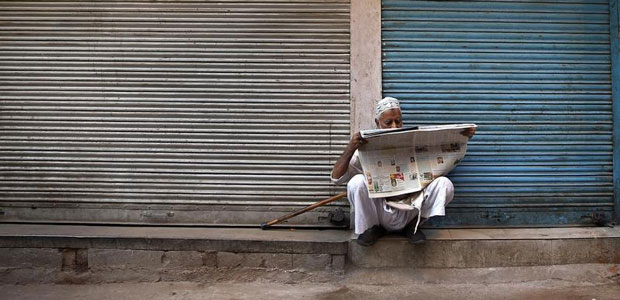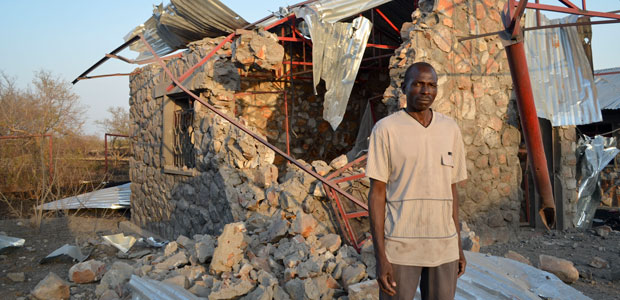Attacks on the Press in 2015

Indian businesses exert financial muscle to control press
In the late summer of 2014, Indian freelance journalist Keya Acharya found herself embroiled in her own version of the War of the Roses. That August, Acharya was forced to respond to a nine-page legal notice demanding that she pay a staggering 1 billion rupees ($16.3 million) to a company whose owner was upset about…

Media wars create information vacuum in Ukraine
More than a year after the December 2013 mass attack against journalists at Kiev’s Maidan Square, which coincided with the Ukrainian police’s violent dispersal of protesters rallying against the policies of then-President Viktor Yanukovych, the press in the beleaguered nation continue the battle for survival. The biggest problem remains impunity in attacks against journalists.

Journalists overcome obstacles through crowdfunding and determination
During South Africa’s Boer War, at the turn of the 20th century, a determined news organization relocated reporters, copy editors, and printing presses to the front line to ensure accurate reporting. In the Warsaw Ghetto, during World War II, a literal underground press, established to counter Nazi propaganda, required the nightly movement of cumbersome printing…
Attacks on the Press: Journalists caught between terrorists and governments
CPJ releases annual assessment of press freedom worldwide New York, April 27, 2015–Terrorist groups and the governments who purport to fight them have made recent years the most dangerous period to be a journalist, the Committee to Protect Journalists found in its annual global assessment of press freedom, Attacks on the Press, released today. Some…
